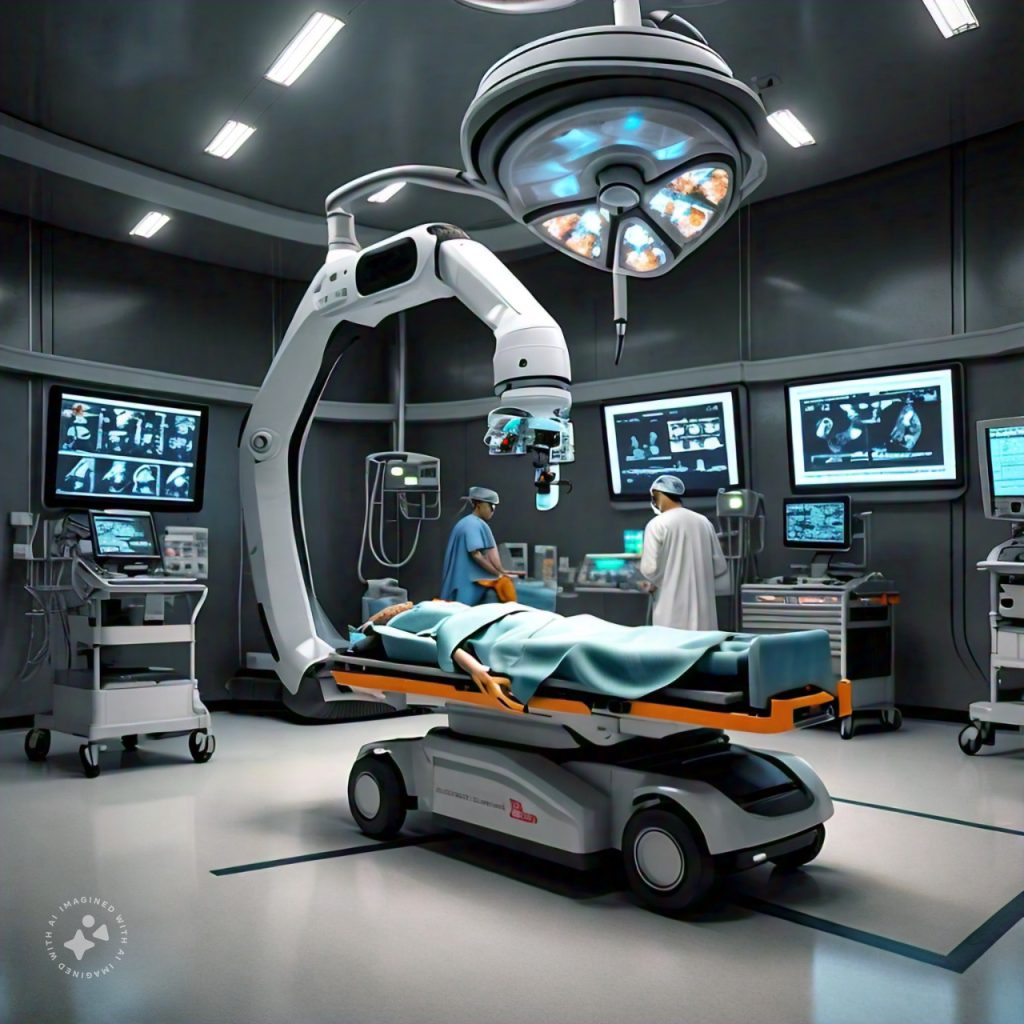The Convergence of Health and Technology: A Revolutionary Partnership
The intersection of healthcare and technology has ushered in a new era of medical innovation, transforming the way we approach patient care, disease prevention, and healthcare delivery. From wearable devices to artificial intelligence, technology is revolutionizing every aspect of the healthcare industry.
The Impact of Technology on Healthcare
1. Enhanced Patient Care:
- Telehealth: Remote consultations and monitoring have increased accessibility to healthcare, especially for those in rural or underserved areas.
- Wearable Devices: These devices track vital signs, physical activity, and sleep patterns, empowering individuals to take control of their health.
- AI-Powered Diagnostics: Artificial intelligence algorithms can analyze medical images and data to detect diseases earlier and more accurately.
2. Improved Efficiency and Productivity:
- Electronic Health Records (EHRs): Digital health records streamline patient information management, reducing errors and improving communication between healthcare providers.
- Automation: Automation of routine tasks, such as appointment scheduling and billing, frees up healthcare professionals to focus on patient care.
- Robotic Surgery: Robotic surgery systems offer greater precision and accuracy, leading to faster recovery times and reduced complications.
3. Personalized Medicine:
- Genomics and Precision Medicine: By analyzing an individual’s genetic makeup, healthcare providers can tailor treatments to specific patients, maximizing effectiveness and minimizing side effects.
- Personalized Health Plans: Wearable devices and health apps can provide personalized recommendations for diet, exercise, and stress management.
4. Remote Monitoring and Telehealth:
- Remote Patient Monitoring: Patients can be monitored remotely using wearable devices and telehealth platforms, enabling timely intervention and reducing the need for hospital visits.
- Virtual Consultations: Telehealth allows patients to consult with healthcare providers remotely, improving access to care and reducing wait times.
Challenges and Considerations
While technology offers immense potential, there are challenges to address:
- Data Privacy and Security: Protecting sensitive patient data is paramount.
- Digital Divide: Ensuring equitable access to technology for all populations.
- Regulatory Hurdles: Navigating regulatory complexities to adopt new technologies.
- Ethical Considerations: Addressing ethical concerns related to AI, data privacy, and autonomous systems.
The Future of Healthcare
The future of healthcare is bright, with technology playing a pivotal role. We can expect to see further advancements in areas such as:
- Artificial Intelligence: AI will continue to revolutionize drug discovery, medical imaging, and personalized treatment plans.
- Blockchain: Blockchain technology can enhance data security and enable seamless information sharing between healthcare providers.
- Virtual and Augmented Reality: These technologies can be used for medical training, surgical simulations, and patient education.
By embracing technology and innovation, we can build a healthier future for all.


